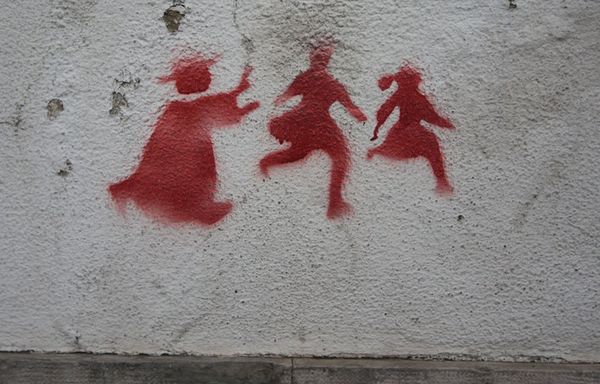More than 700,000 Pictures Posted Each Day Depict Child Abuse

Some 1.8 billion images are uploaded to the Internet each day, including 720,000 (0.03%) that depict child sexual abuse, making monitoring online platforms for uploads impossible.
Nearly 500 images of sexually abused children will be traded online every 60 seconds. One in five girls and one in 10 boys will be sexually abused by the age of 18, according to Microsoft.
Companies including Facebook, Google and Twitter have tried in previous years to limit children’s exposure to threats. Smaller companies can also fight child pornography using the new cloud version of Microsoft’s PhotoDNA, a free service that helps detect and remove online images depicting sexual abuse against children. It works by taking known photos of child sex abuse from organizations such as the National Center of Missing and Exploited Children and converting them into numerical values to identify photos of sexually abused children that have been altered slightly in an attempt to avoid detection by comparing the hash set to millions of images.
Parents consider social networks the main danger to their children on the Internet. According to Bitdefender statistics, 54% of websites monitored or blocked by parents are social networks. Children experience fake profiles, exposure to pornographic content and cyber-bulling that even triggers suicidal behavior.
Here are some tips and tricks for parents who want an active part in their children’s lives, online as well as offline, according to HOTforSecurity:
- Place the family computer where you can keep an eye on the monitor.
- When children create social media accounts, help them use privacy protection features. Encourage them to restrict the information exposed, and make sure they know their online friends in real life.
- Set rules for computer use for your children. Talk with them about why you are concerned.
- Advise your children not to respond to spam, instant messages or e-mails with obscene or aggressive content.
- Advise your kids to be careful installing Android apps. Some contain aggressive adware and malware capable of sending messages to premium numbers. Install games and other Android apps only from official market places.
- Use antivirus software with Parental Control that watches over kids online. Bitdefender Parental Control is available as a standalone application and is included in Bitdefender Internet Security and Bitdefender Total Security. Parental control blocks inappropriate content, restricts Web access between certain hours and helps parents remotely monitor their children’s online activity.
tags
Author
Former business journalist, Razvan is passionate about supporting SMEs into building communities and exchanging knowledge on entrepreneurship.
View all postsRight now Top posts
How to Protect Your WhatsApp from Hackers and Scammers – 8 Key Settings and Best Practices
April 03, 2025
Outpacing Cyberthreats: Bitdefender Together with Scuderia Ferrari HP in 2025
March 12, 2025
Streamjacking Scams On YouTube Leverage CS2 Pro Player Championships to Defraud Gamers
February 20, 2025
How to Identify and Protect Yourself from Gaming Laptop Scams
February 11, 2025
FOLLOW US ON SOCIAL MEDIA
You might also like
Bookmarks








